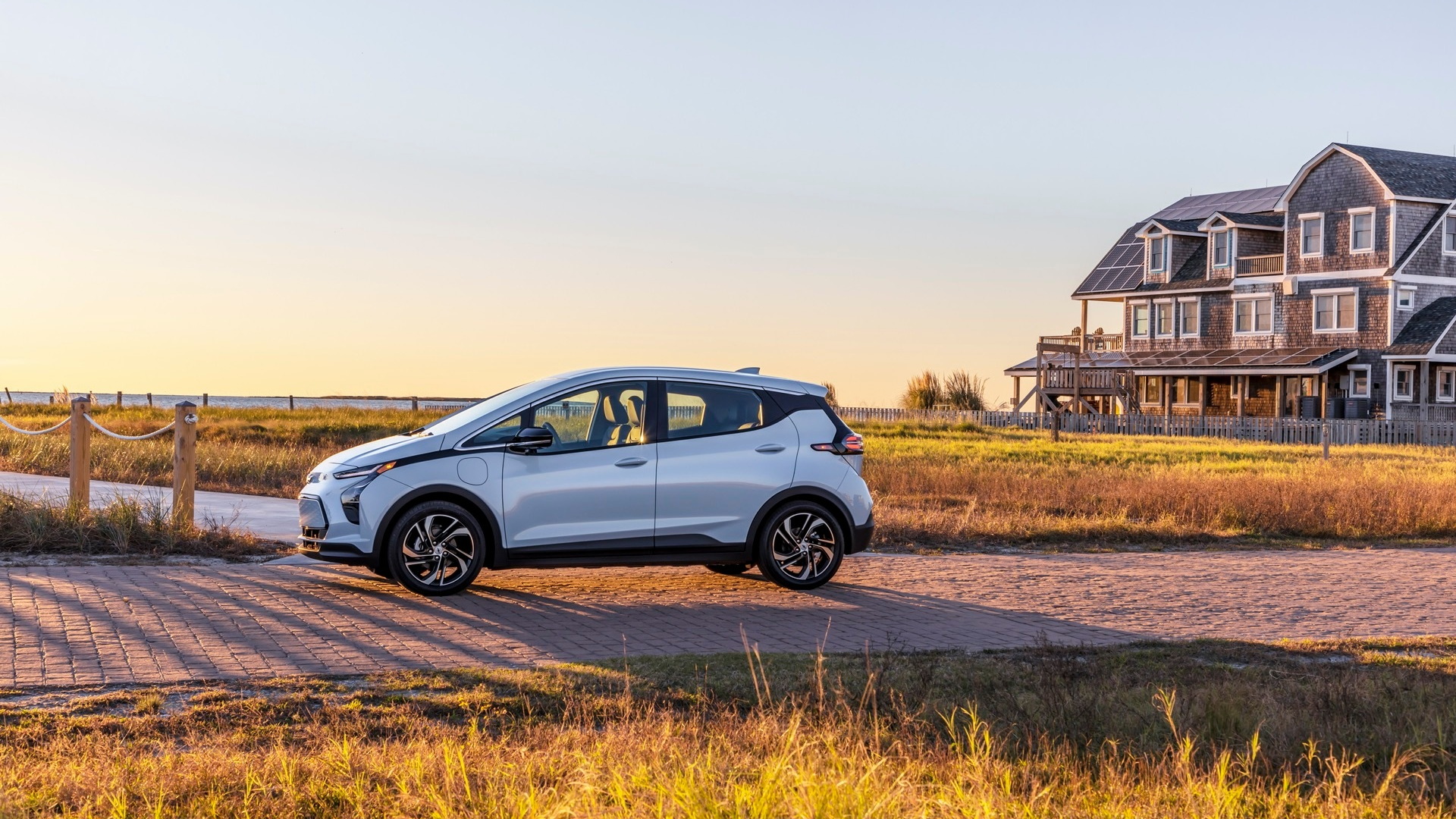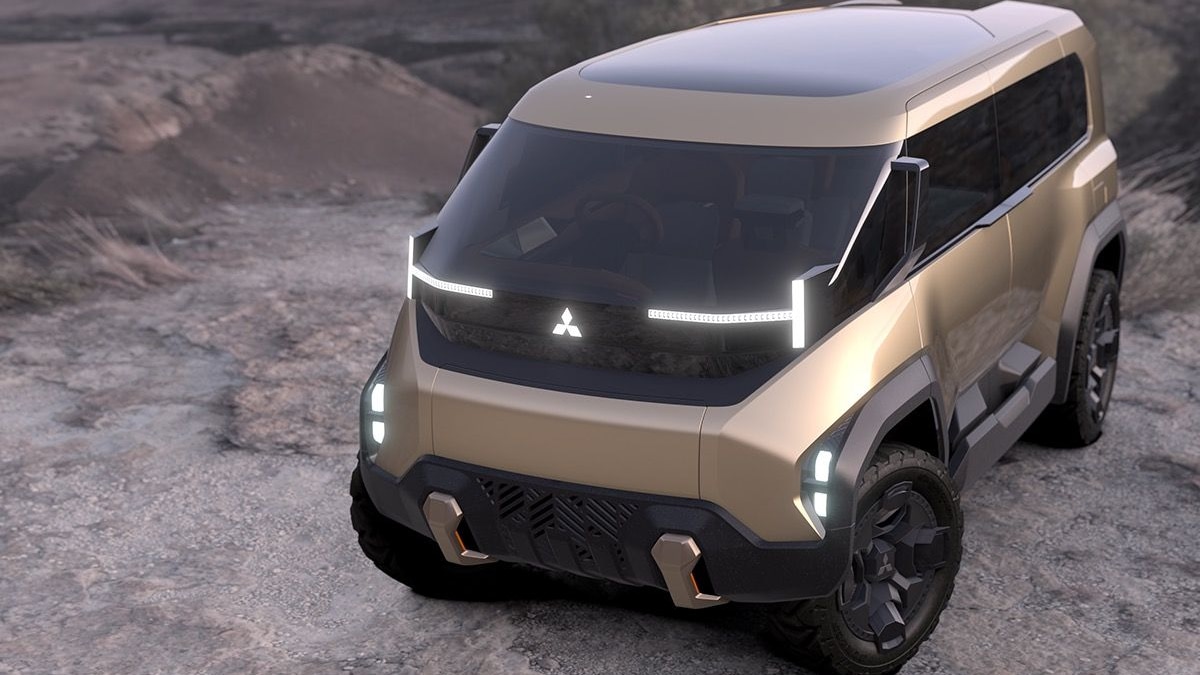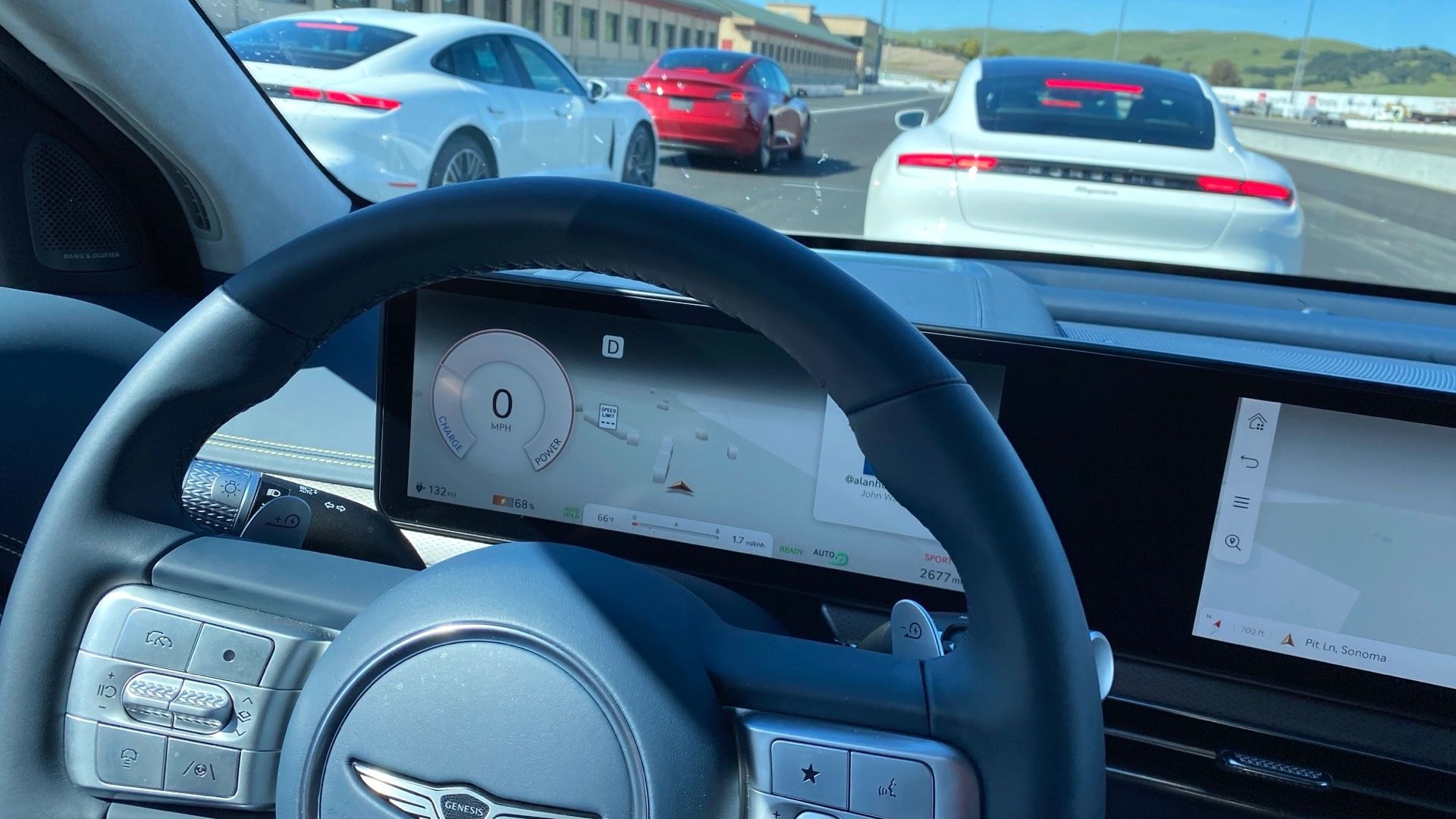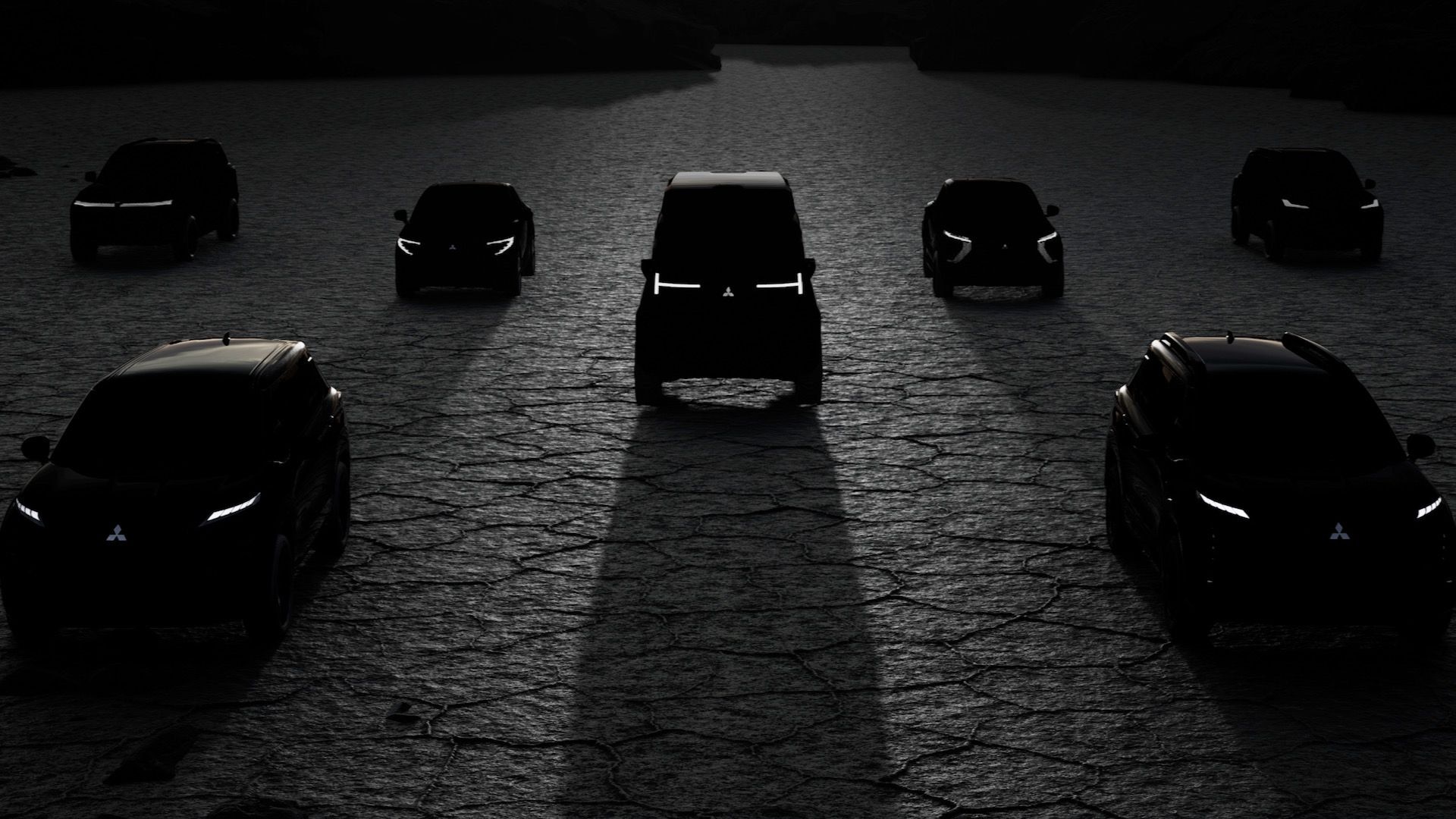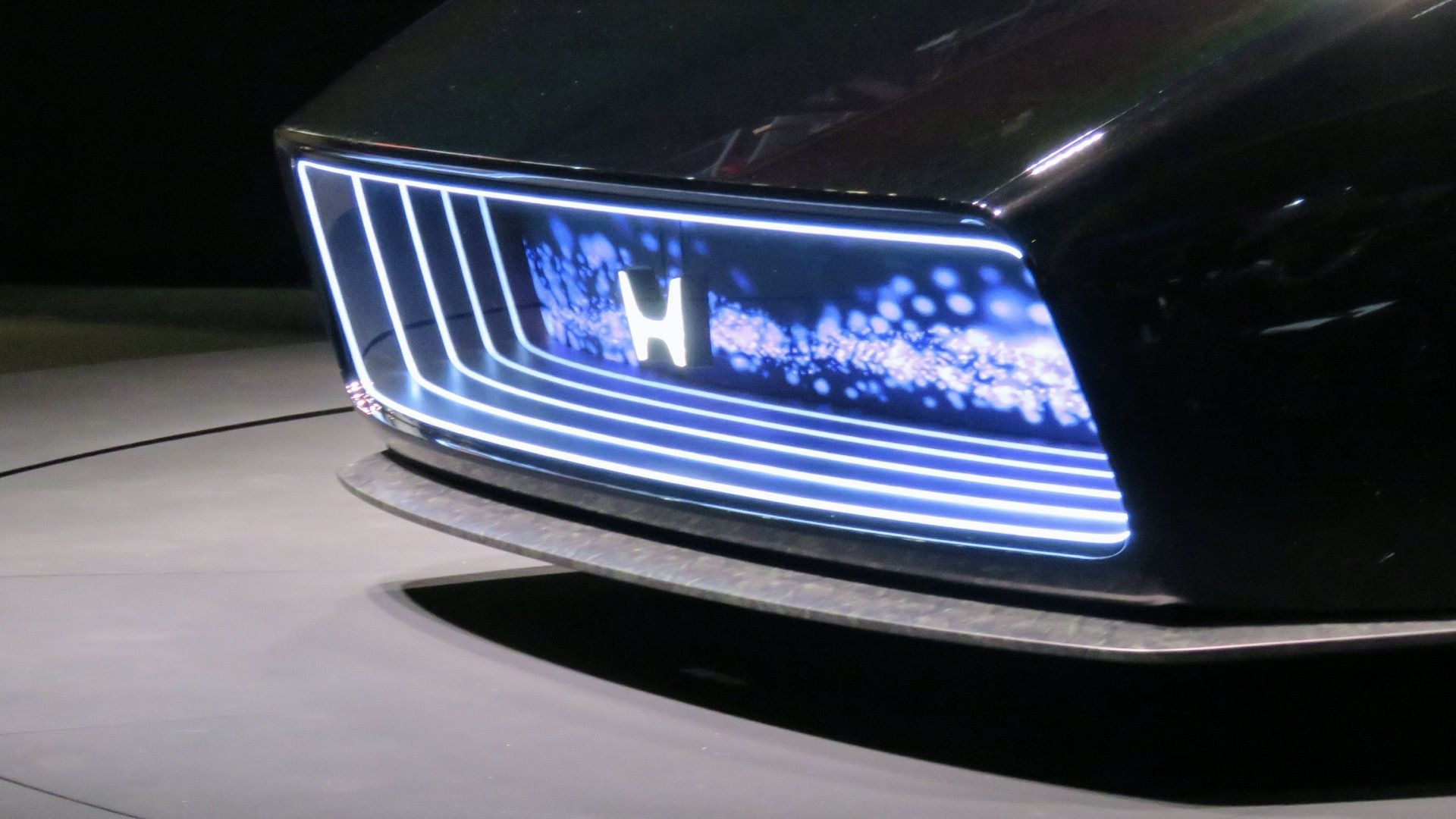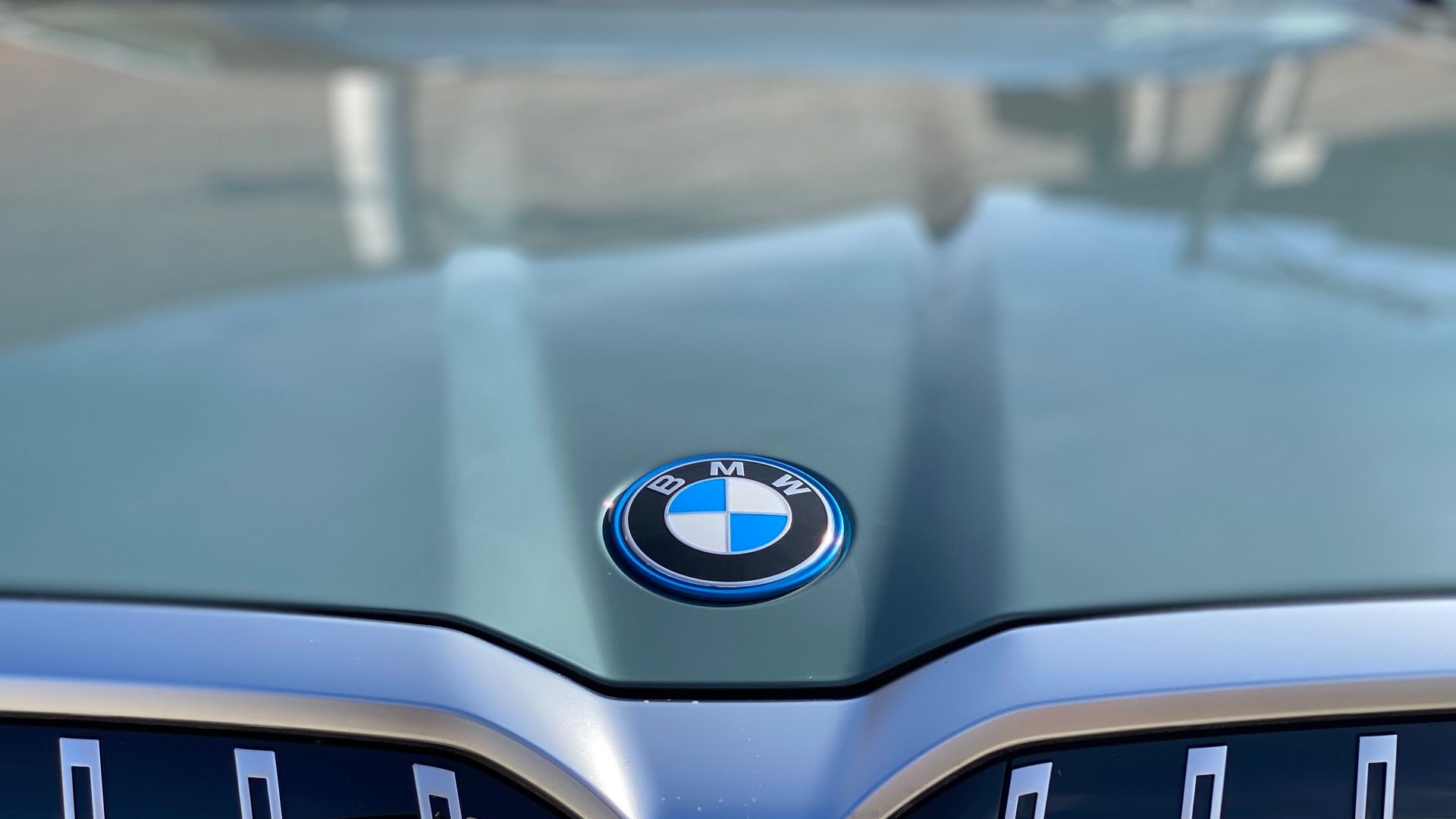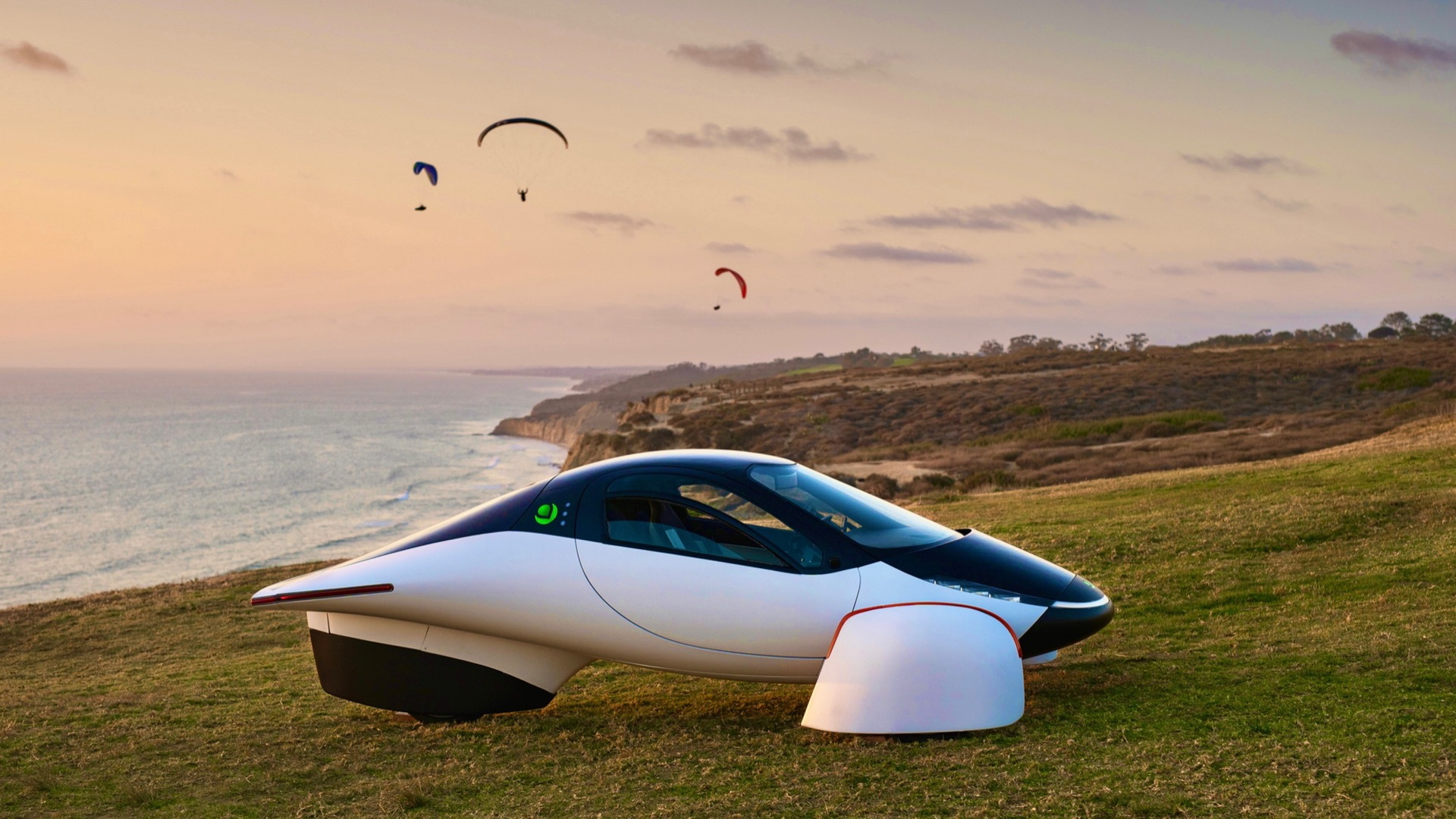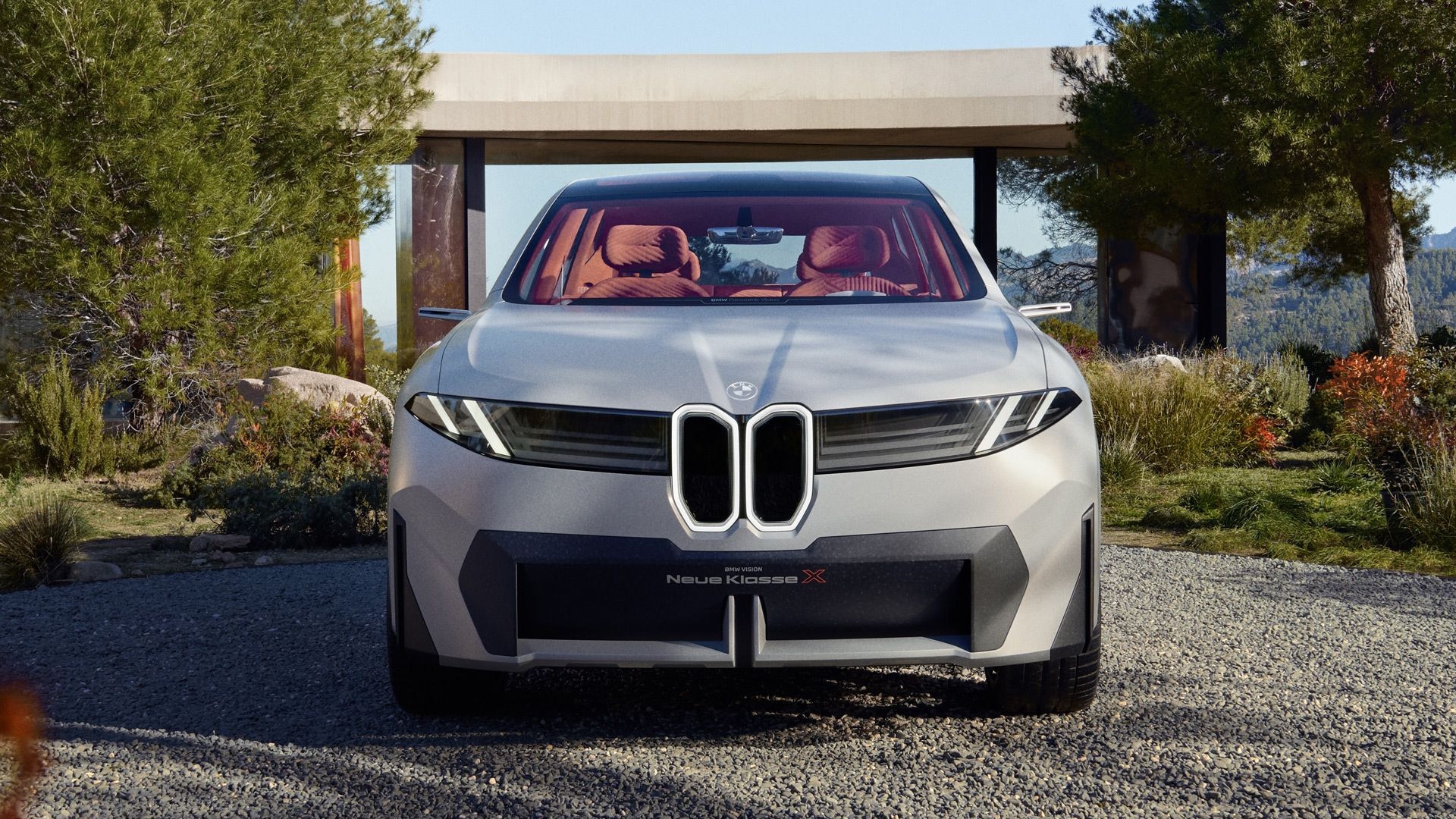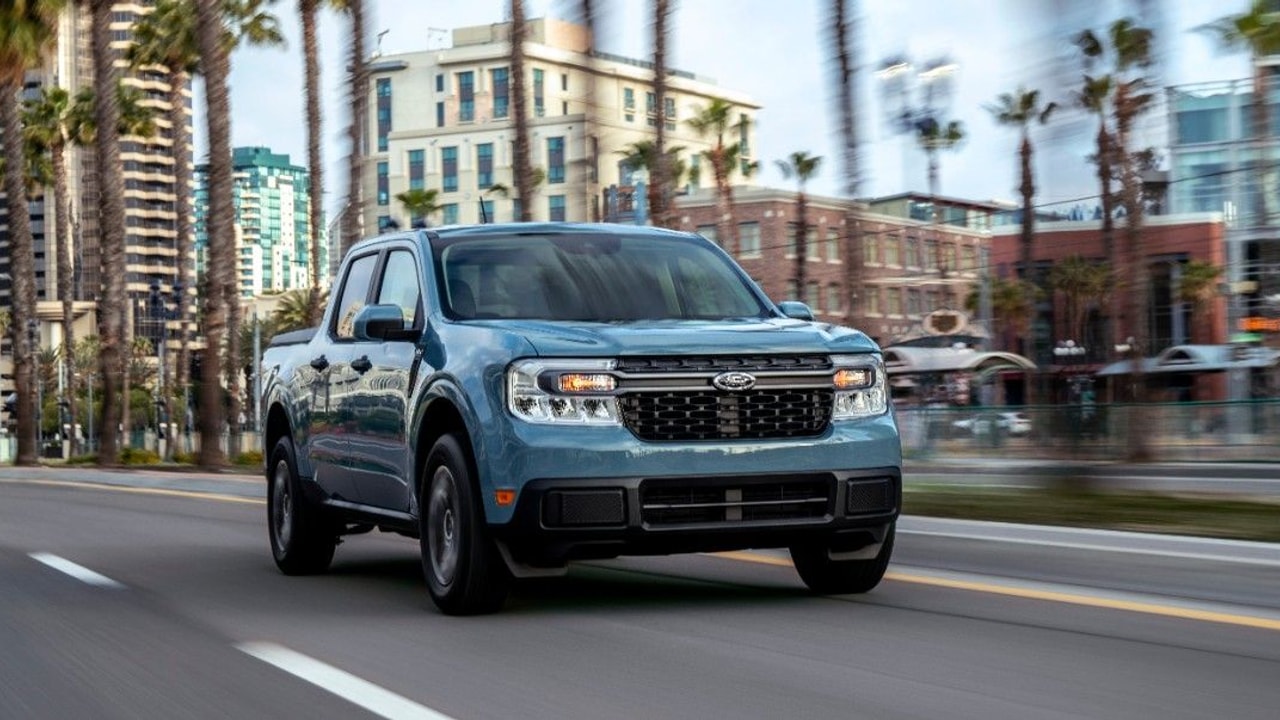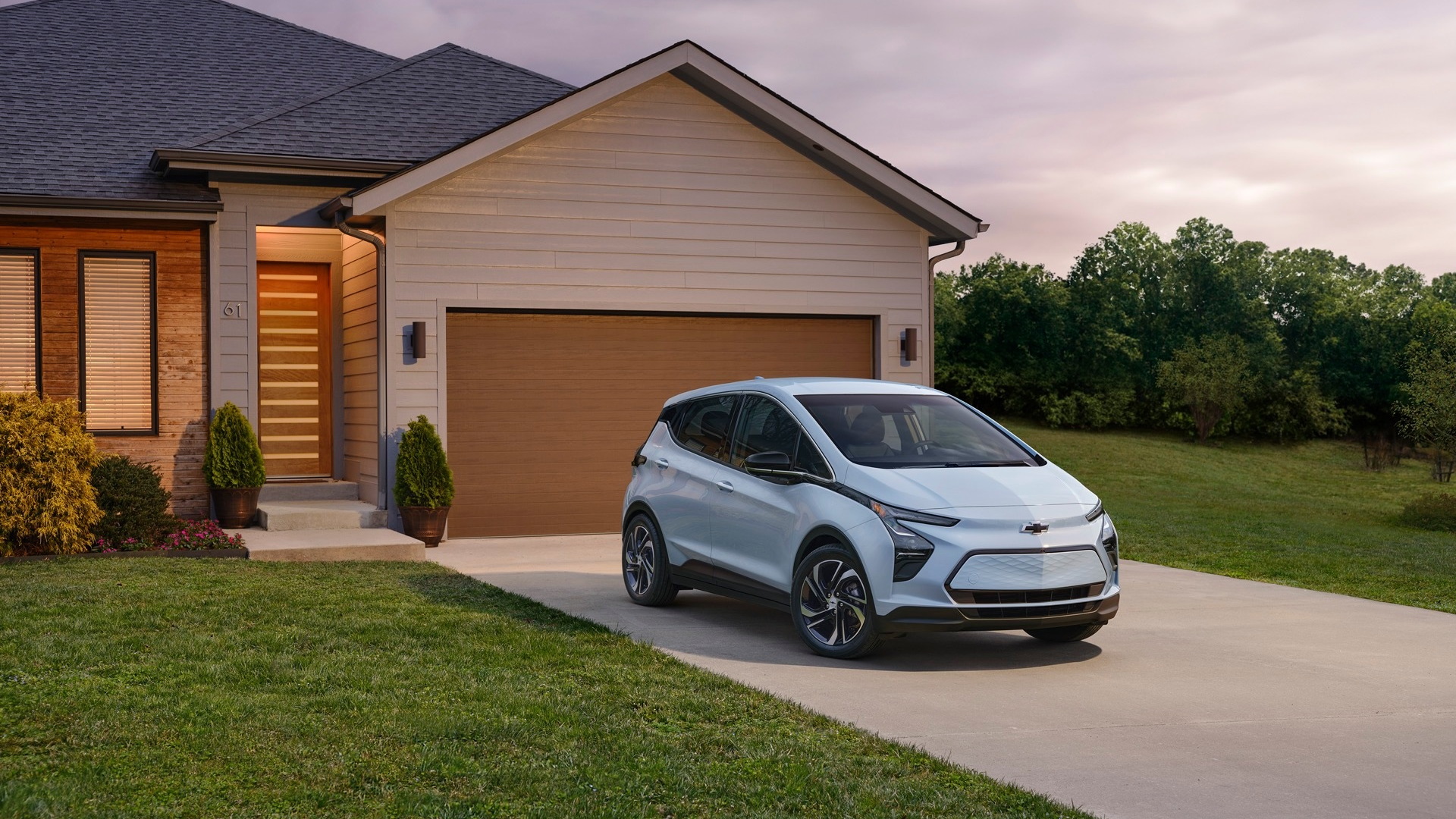Growing EV sales in both the U.S. and China could contribute to a halving in gasoline demand in 2024, says the consultancy Wood Mackenzie.
Demand is likely to rise 340,000 barrels per day (bpd) to 26.5 million bpd for the year, but that's the slowest growth since 2020, and down from a growth rate of 700,000 bpd last year, according to the report. And it's partly because, with increased EV sales, China is nearing the point of peak transportation fuel demand, while the U.S. has surpassed it, notes Reuters.
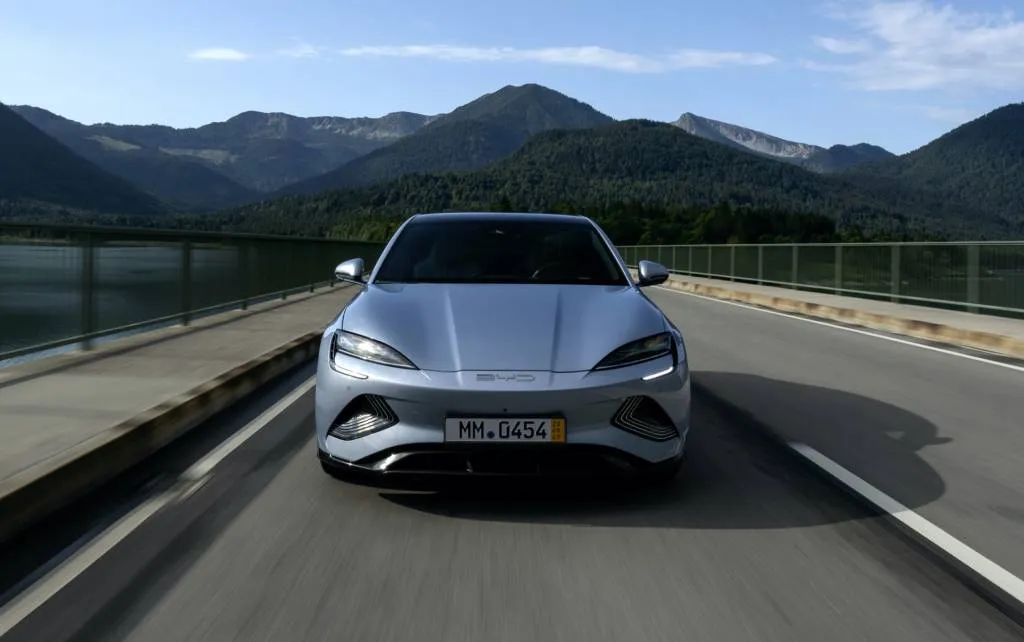
BYD Seal
EVs have only ticked up about 2% in overall registrations, Wood Mackenzie analysts note, but the cumulative number of EVs on the road is now thought to be enough to impact gasoline demand. That's a feat as, in the U.S. at least, the fleet of gasoline vehicles has grown alongside EVs.
Wood Mackenzie also expects increased EV sales growth throughout the rest of the year. In China—the world's largest new-car market—local analysts predict slower growth of 24% this year versus 36% last year, but that still means 11 million new EVs to add to the cumulative total, Wood Mackenzie notes. And the International Energy Agency (IEA) believes falling prices could lead to an EV market share of 45% in China, 25% in Europe, and 11% in the U.S. this year.
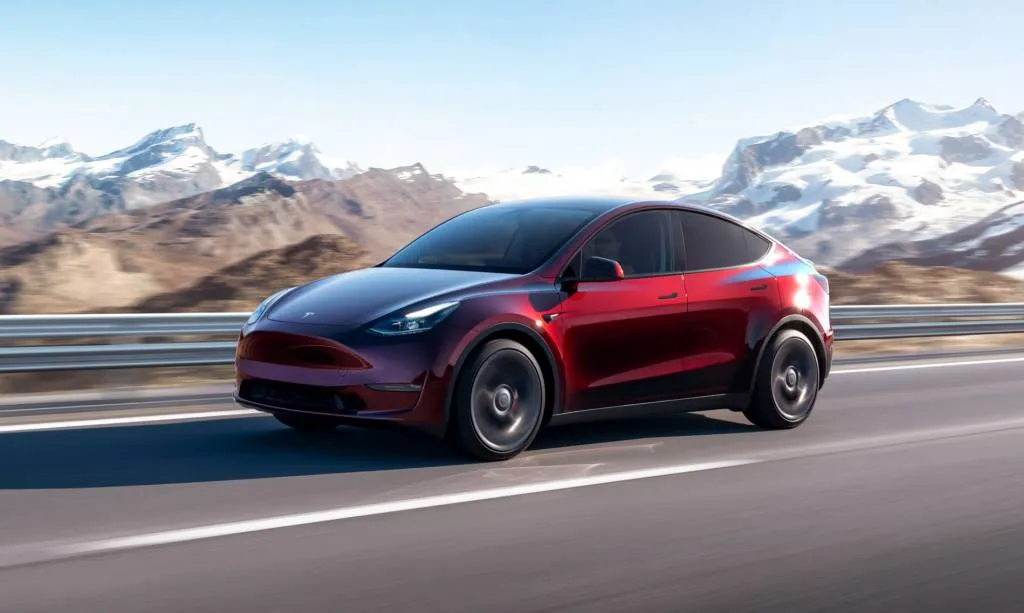
2024 Tesla Model Y. - Courtesy of Tesla, Inc.
Other analysts have predicted that EVs could top two-thirds of global vehicle sales by 2030, and have seen this as a point at which, cumulatively, the dynamics of gasoline supply and demand will become very different.
Grid demand and the emissions from a shift toward EVs are concerns, too, but EV efficiency gains could help cut that over decades—and EVs keep getting more efficient based on the energy mix they plug into.

